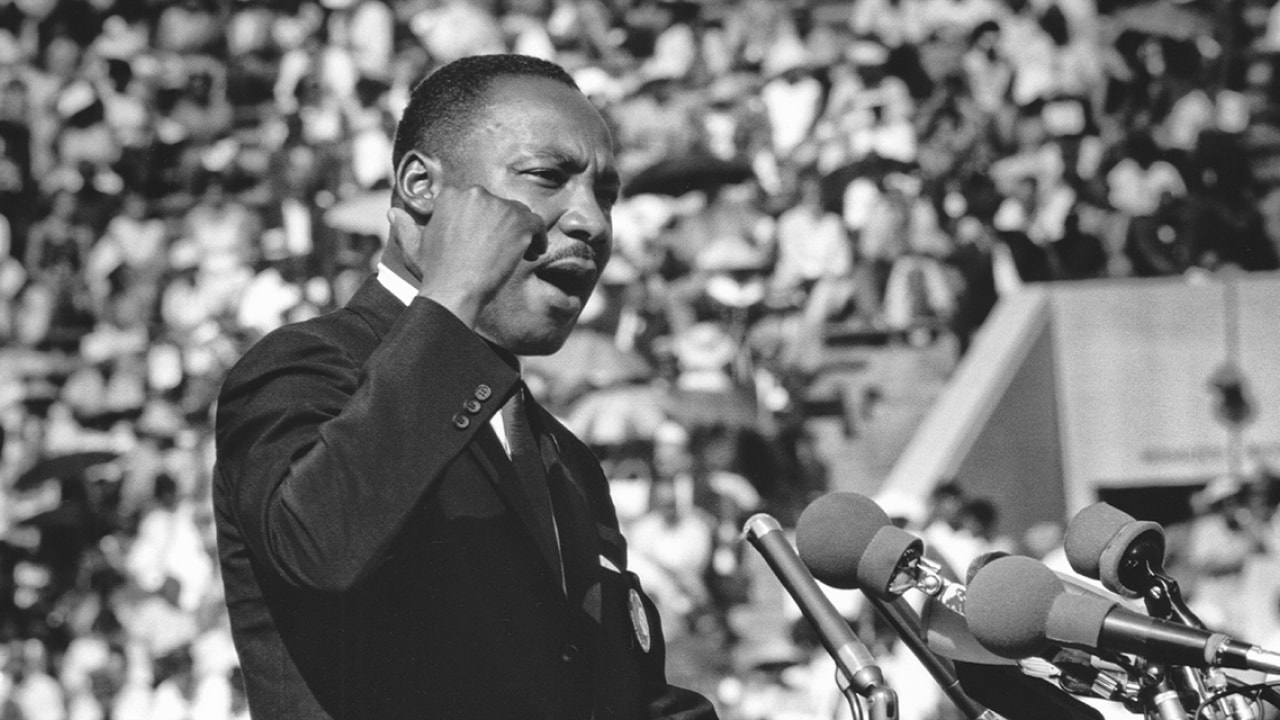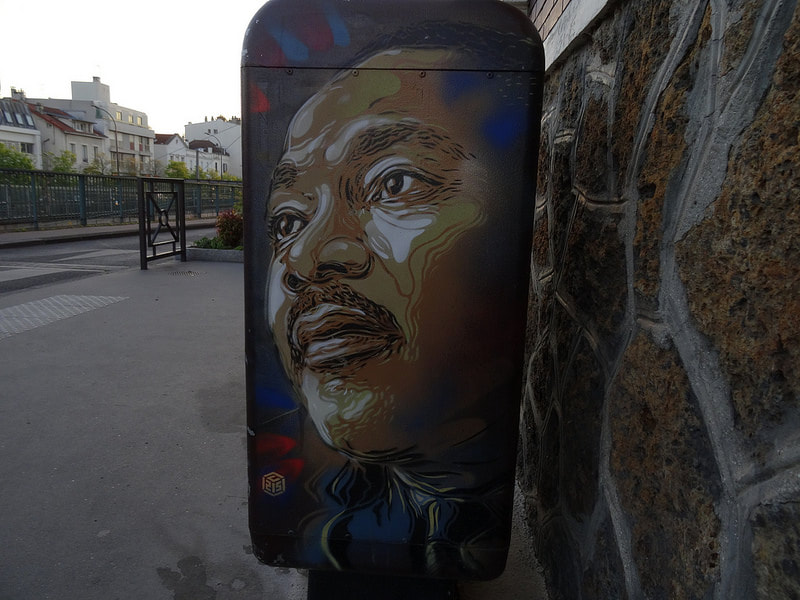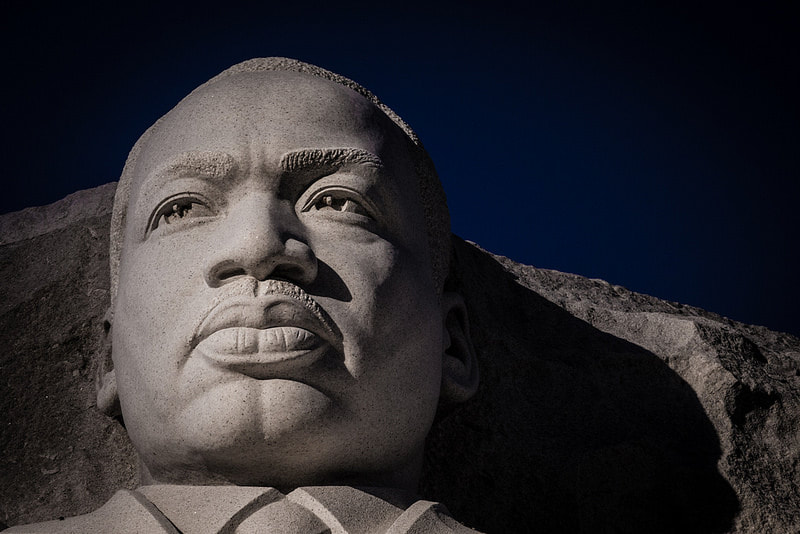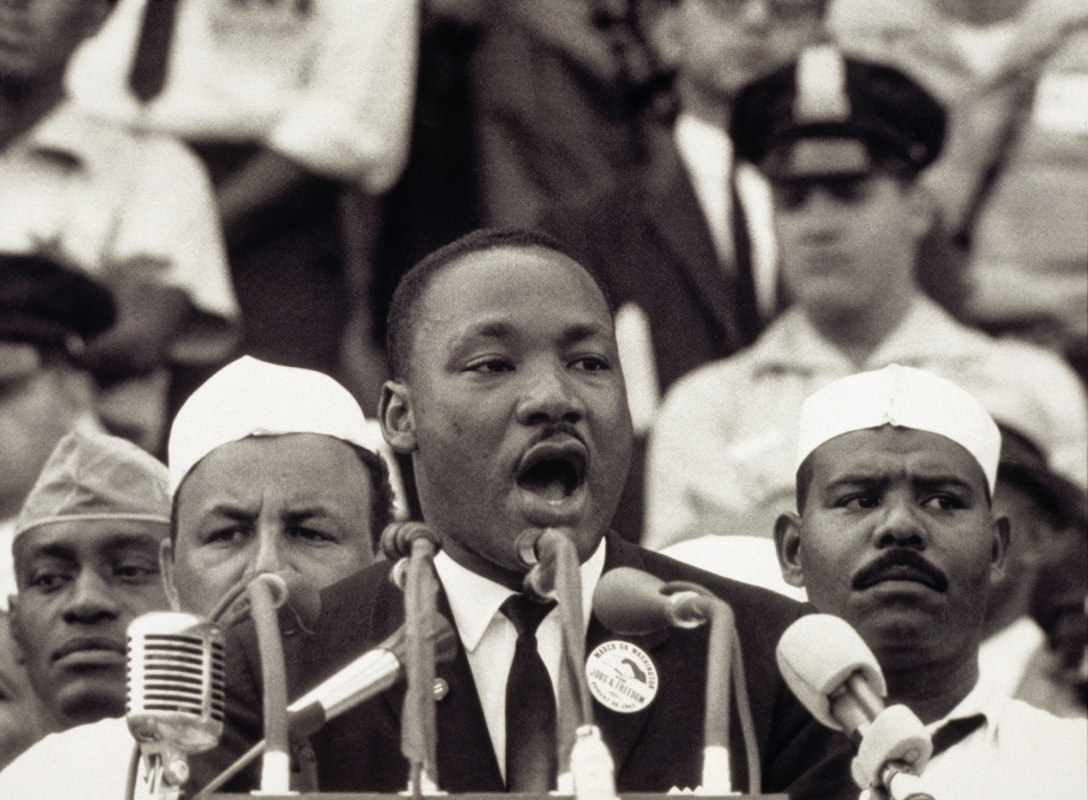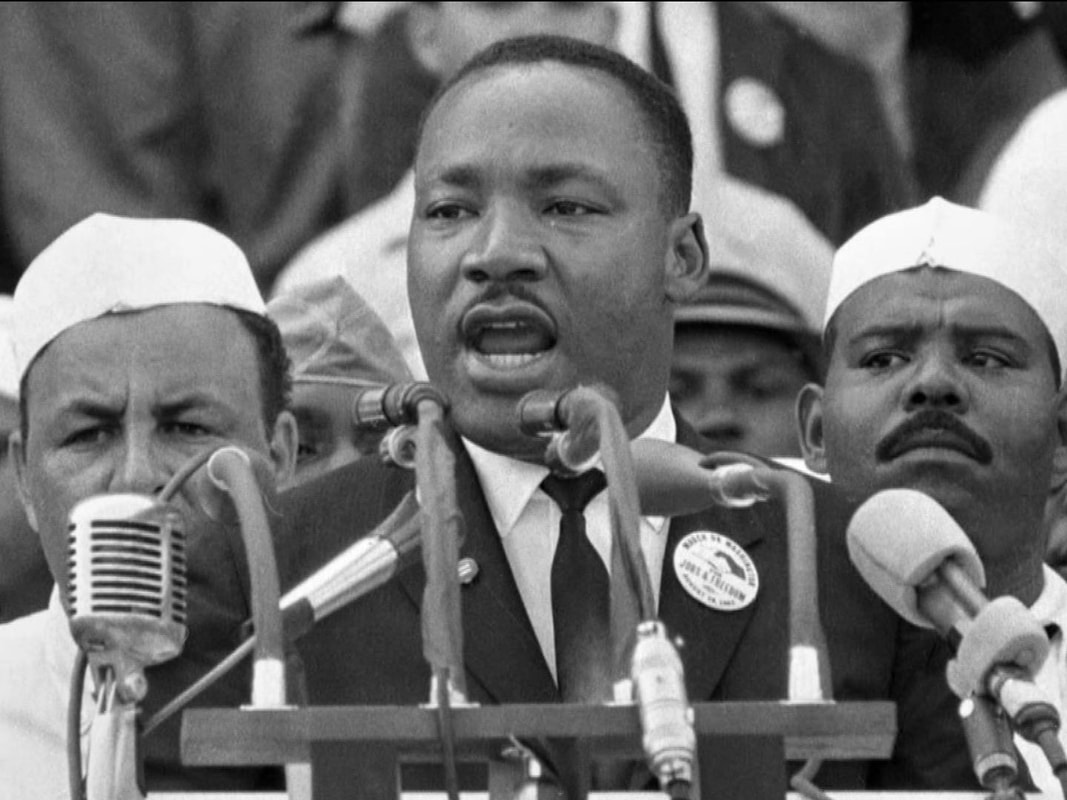Process Theology and
Martin Luther King, Jr.
Martin Luther King Jr. was influenced by a school of thought called Boston Personalism during his graduate studies at Boston University. This school proposes that our experience of other persons, as living subjects with aims and feelings of their own, offers a window into the whole of reality. Nobody can (or should be) be reduced to a mere object. An emphasis on Persons as an ultimate reality resembles process theology which, with Whitehead as an inspiration, proposes that something like subjectivity, one instance of which is human personhood, goes all the way down into the depths of matter. In a way the whole of reality consists of something like Persons, or at least of subjects with reality and value for themselves. For King, Personalism was relevant because it lends support to the development of a just and compassionate community where everyone is treated with respect. The parallel in process theology today is the emphasis on just and compassionate communities as a guiding principle for personal life and public policy. This page features a note by John Cobb on Boston Personalism and much else besides. It is a resource for those who want learn from King and from process theology, together.
